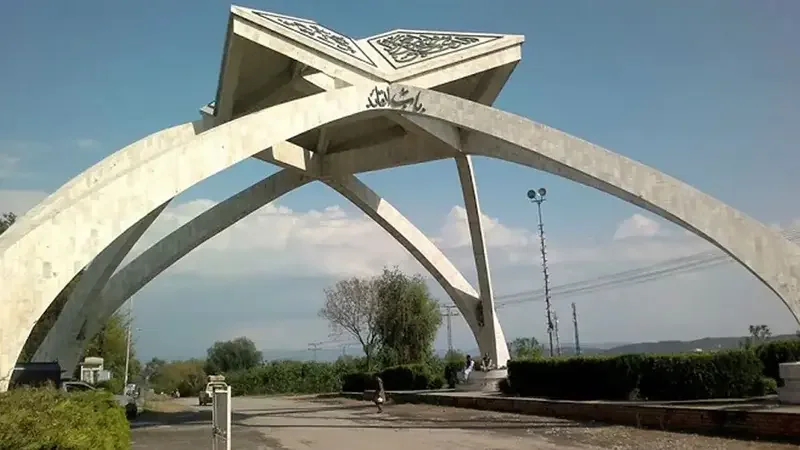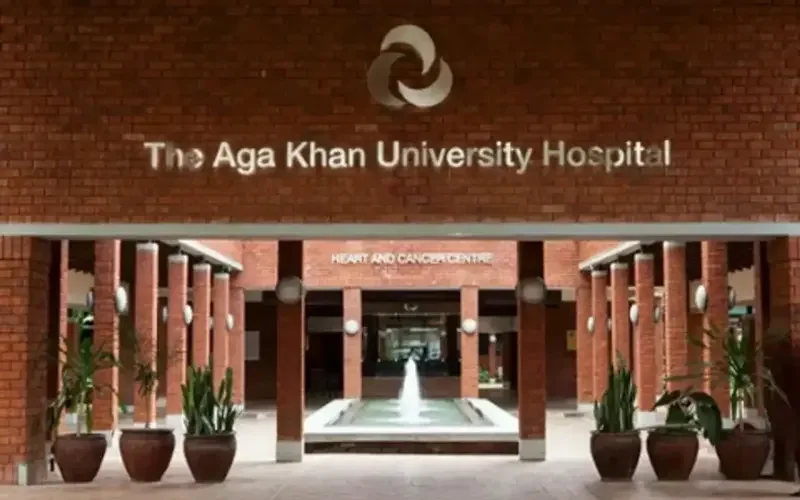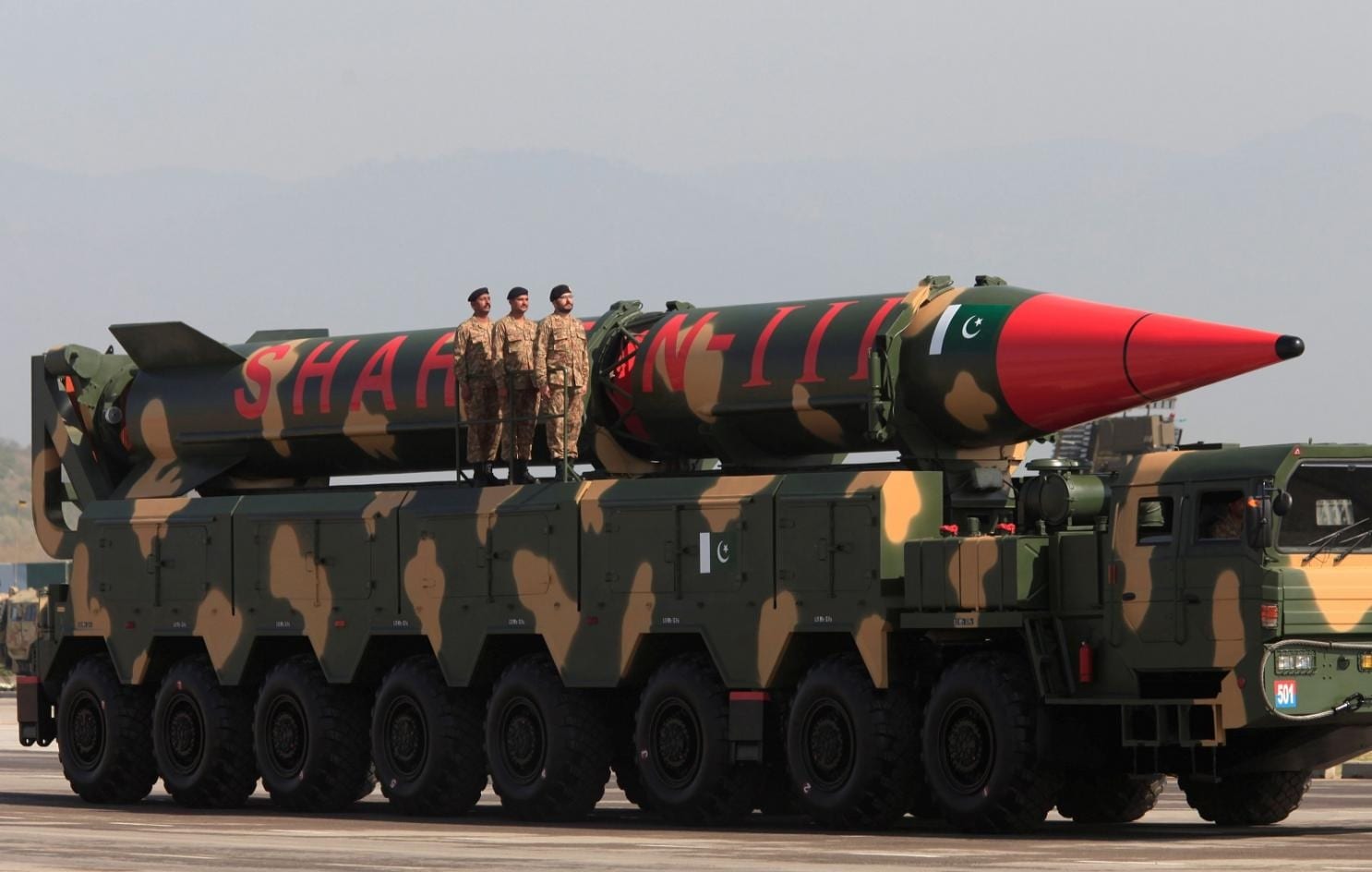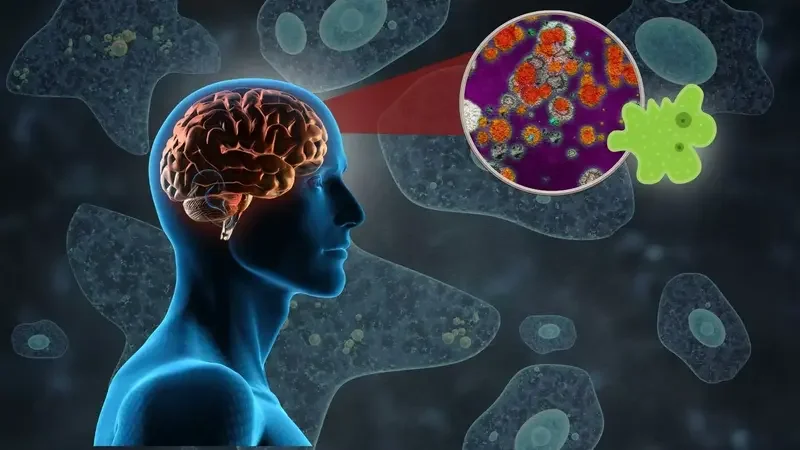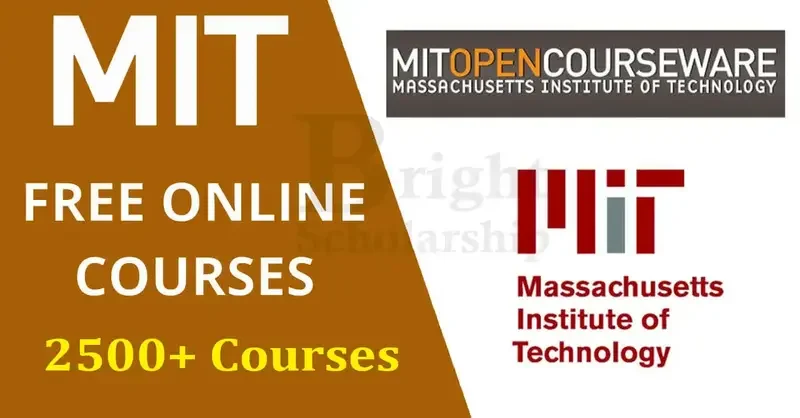The government of Pakistan has announced the establishment of the National Centre for Advanced Materials (NCAM) at Quaid-i-Azam University, dedicated to the late Dr Abdul Qadeer Khan, the country’s distinguished nuclear scientist. The new research facility will focus on advanced materials for aerospace, energy, defense, and other strategic sectors, marking a significant step toward enhancing Pakistan’s scientific and industrial self-reliance. The announcement was made by Planning Minister Ahsan Iqbal during the inauguration of the 19th International Symposium on Advanced Materials (ISAM-2025) at the National Centre for Physics in Islamabad. Organized by the Pakistan Advanced Materials Forum (PAMF), the five-day event brings together global experts to discuss innovation in materials science. Ahsan Iqbal praised Dr Qadeer Khan’s lasting contributions, noting that his vision continues to guide Pakistan’s scientific community toward technological progress. The minister emphasized that for developing nations, science and technology are not optional but essential for national growth and competitiveness. He noted that for more than three decades, the ISAM symposium has been instrumental in connecting international researchers, encouraging collaborative innovation, and strengthening global partnerships. Highlighting the transformative potential of materials science, Ahsan Iqbal stated that advancements in clean energy, healthcare, sustainability, and defense all depend on breakthroughs in this field. He pointed to the convergence of physics, chemistry, nanotechnology, and artificial intelligence (AI) as a driving force behind the creation of next-generation materials that are stronger, lighter, and more sustainable. PAMF President Dr Rizwan Baig also spoke about the central role of materials science in modern innovation, explaining that it underpins progress in quantum computing, renewable energy, advanced mobility, and medical technology. He highlighted that since 1989, ISAM has continued uninterrupted, reflecting the dedication of Pakistan’s researchers to advancing the field. Dr Baig underscored the importance of interdisciplinary collaboration and noted that AI is revolutionizing materials research by accelerating data analysis, predicting material properties, and enabling faster discovery of new compounds. This year’s ISAM-2025 has attracted over 20 international experts from countries including Russia, China, Malaysia, Turkey, Indonesia, and Norway. More than 100 presentations are being delivered, covering AI-driven materials design, additive manufacturing, and advanced characterization techniques. In parallel, PAMF and the Institute of Space Technology (IST) are hosting the RISE 2025 Technology Exhibition, which showcases cutting-edge innovations and connects researchers with industry leaders and investors to promote commercialization and industrial collaboration. With the creation of the National Centre for Advanced Materials, Pakistan aims to position itself as a regional leader in scientific innovation, advancing its industrial capabilities while honoring the legacy of Dr Abdul Qadeer Khan — a pioneer whose vision continues to shape the nation’s path toward technological excellence.
